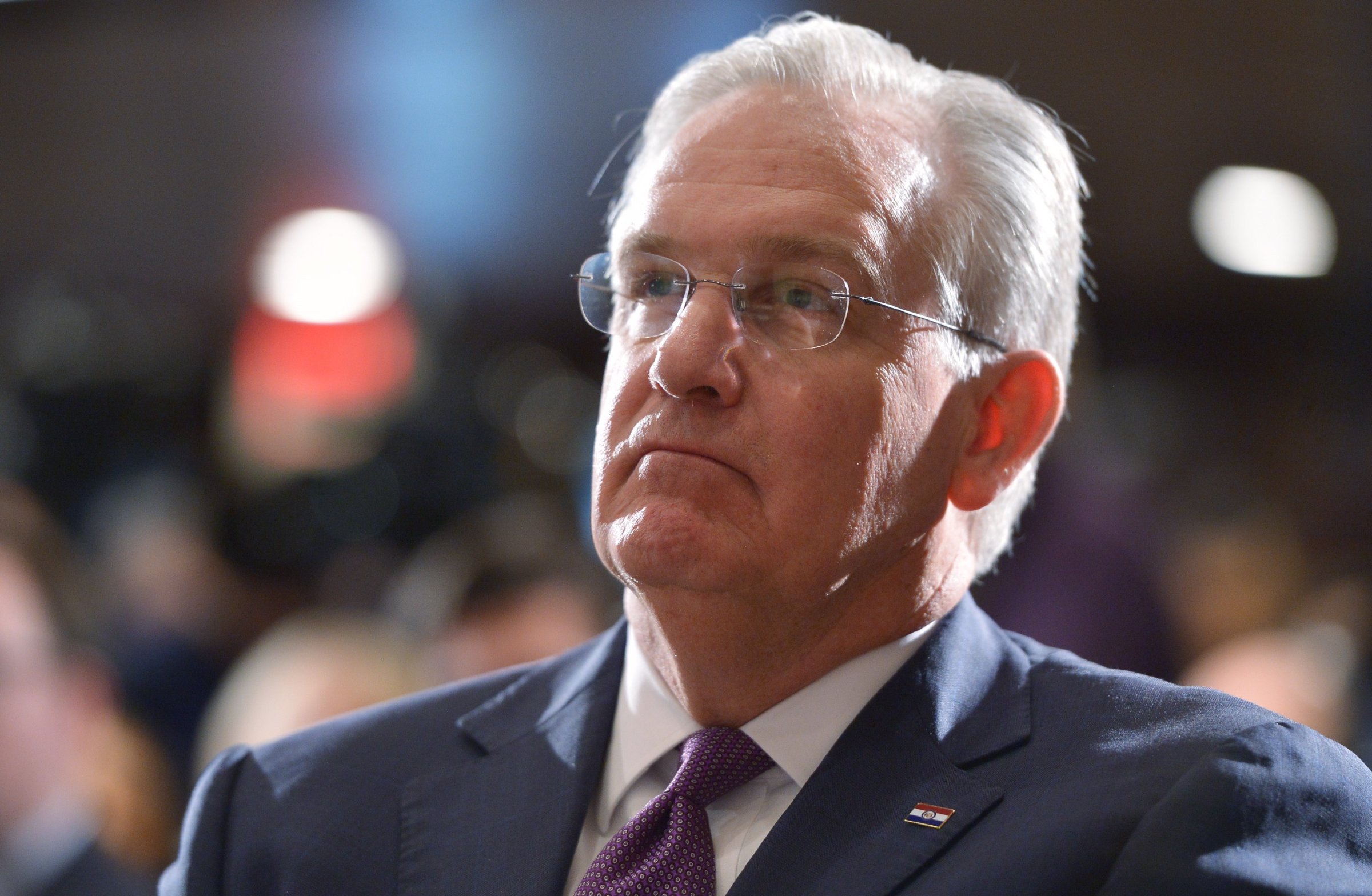
The director of the Missouri State Public Defender System assigned a case this week to Gov. Jay Nixon, calling on him to represent a client in need of legal defense—an effort to draw attention to a program he described as overwhelmed and underfunded.
“We’ve tried everything else,” Michael Barrett, director of the Missouri State Public Defender System, told TIME. “These people deserve their constitutional right, and I’m just making sure they get it.”
The state’s public defender system—which employs about 350 attorneys who have handled about 82,000 cases in the past 12 months—ranks 49th in the U.S. in per-capita public defense spending, according to the National Legal Aid and Defender Association.
In his letter to Nixon on Tuesday, Barrett said that while facing a lack of funding, he wants to avoid closing more public defender district offices. He cited a part of Missouri state law that gives him the authority to “delegate the legal representation of any person to any member of the state bar of Missouri.”
“As of yet, I have not utilized this provision because it is my sincere belief that it is wrong to reassign an obligation placed on the state by the 6th and 14th Amendments to private attorneys who have in no way contributed to the current crisis,” Barrett wrote.
“However, given the extraordinary circumstances that compel me to entertain any and all avenues for relief, it strikes me that I should begin with the one attorney in the state who not only created this problem, but is in a unique position to address it.”
The Missouri legislature granted the public defender system a $4.5 million budget increase in June, after the public defender’s office requested $23.1 million, the St. Louis Post-Dispatch reported. In a lawsuit filed last month, Barrett said Nixon—a Democrat who served as attorney general before becoming governor—later restricted $3.5 million of that budget increase when he slashed $115 million from the state budget.
“Gov. Nixon has always supported indigent criminal defendants having legal representation. That is why under his administration the state public defender has seen a 15 percent increase in funding at the same time that other state agencies have had to tighten their belts and full-time state employment has been reduced by 5,100,” Scott Holste, Nixon’s communications director, said in an email.
Barrett disputed that 15% figure, citing rising litigation costs and an increasing case load. The system saw a 12% increase in cases between 2014 and 2015, he said.
“This is clearly a national issue, but there are a number of states, including Missouri and Louisiana recently, that have had particular problems,” said Marc Schindler, executive director of the Justice Policy Institute, which has studied under-resourced public defense systems nationally. “We, in recent years, have not had a commitment from elected officials to provide appropriate resources so people can get the type of defense that they’re entitled to.”
But Holste questioned the legality of Barrett’s assignment. “It is well established that the public defender does not have the legal authority to appoint private counsel,” he said, arguing that such authority should fall to a circuit court judge, per another state law, and require the consent of the private attorney.
But Barrett, who hadn’t yet heard from the governor’s office on Thursday afternoon, said he disagrees.
“I can cite the provision that gives me the authority,” he said. “He can certainly feel free to challenge it in court.”
Ultimately, Barrett said his goal is less about this particular case than it is about the system’s funding: “The ideal outcome is that the governor releases the funds and lets us do our job.”
More Must-Reads from TIME
- Donald Trump Is TIME's 2024 Person of the Year
- Why We Chose Trump as Person of the Year
- Is Intermittent Fasting Good or Bad for You?
- The 100 Must-Read Books of 2024
- The 20 Best Christmas TV Episodes
- Column: If Optimism Feels Ridiculous Now, Try Hope
- The Future of Climate Action Is Trade Policy
- Merle Bombardieri Is Helping People Make the Baby Decision
Write to Katie Reilly at Katie.Reilly@time.com